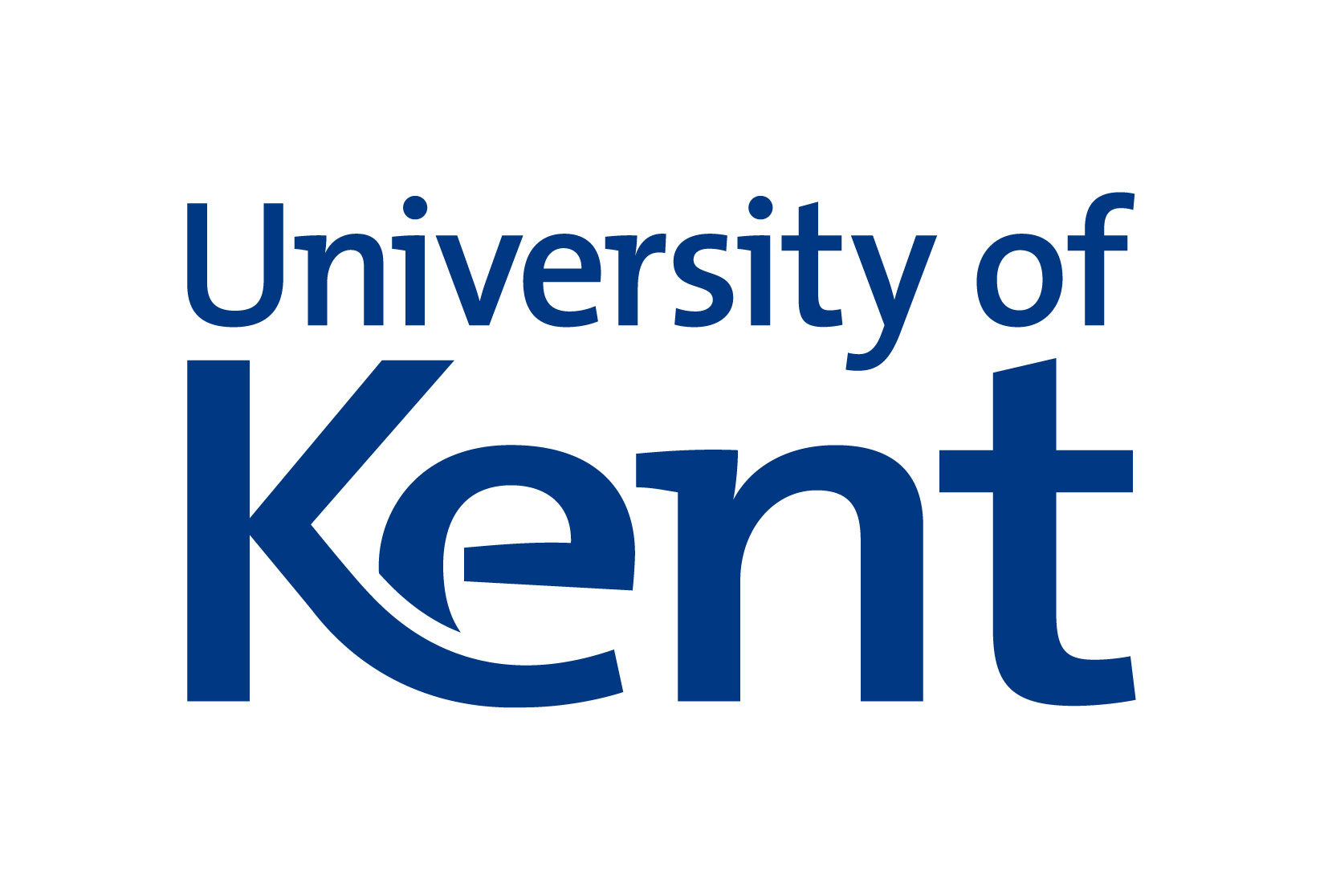You are encouraged to engage with a variety of environmental understandings from a range of subjects, including: anthropology, politics, economics, philosophy, law, history, literature and the creative arts. You can also develop practical skills (for example, biodiversity monitoring) and can choose to do an independent research project on a subject largely of your choice.
This programme will be of particular interest if you have studied geography, environmental studies or biology.
Our degree programme During your first year, you gain a solid grounding in the wide range of environmental issues which threaten our world, while also developing field skills essential for work in this discipline. Modules may include People and Nature in the 21st Century, Biodiversity, Environmental Sustainability or Sustainable Land Use Systems. Optional modules allow you to expand on areas of particular interest, which may include Fundamentals of Sociology, The Green Planet, Microeconomics for Business or Social Anthropology.
In your second and third years, you take only two compulsory modules allowing you the flexibility to structure your degree around your personal interests and passions. In your final year, you undertake a research project, choosing your topic with your project supervisor. Students often undertake their field research abroad with some joining our annual expedition to our research vessel on the Peruvian Amazon.
You enjoy a wide and varied choice of optional modules enabling you to expand your perspective or develop a specialism. Modules may include The Anthropocene: Planetary Crisis and the Age of Humans, Conservation and Communities, Creative Conservation, Environmental Law, Environmental Politics, Human Ecology: An Introduction to Social-Ecological Systems, Human Wildlife Conflict and Resource Competition or Inviting Doomsday: US Environmental Problems in the Twentieth Century.
Student view
Environmental Social Sciences student Adele talks about her course at Kent.
VIDEO
Year in professional practice
The year in professional practice is a wonderful opportunity to spend up to a year, between the second and final years, undertaking work placements with organisations relevant to your degree programme. You spend a minimum of 24 weeks on placement at one or more organisations. Placements can be at home or abroad and give you the opportunity to apply your academic skills in a practical context, offering you rare and unique experiences which will set you apart. Previous placements have included: environmental consultancy for Afzelia Limited, Zambia; forest impact surveying a the Danau Girang Field Centre, Borneo; project co-ordination for the Uganda Conservation Foundation; project work for the United Nations Convention to Combat Desertification in Germany; wildlife crime mapping for the Freeland India Consultants Private Limited; and small animal and bear monitoring for the Administration of Rodna Mountains National Park, Romania.
Alternatively, you can take our three-year Environmental Social Sciences degree, without a work placement. For details, see Environmental Social Sciences BA (Hons).
Field trips
A number of our modules include opportunities for learning and experiences outside of the classroom through field trips in the UK and abroad. Potential local excursions are:
Food and farming systems in East Kent
High Weald Area of Outstanding Natural Beauty
Margate
Ashford Community Woodland, local nature reserve
Forestry management on the North Downs
Broadstairs
Powell Cotton Museum
Students on the Tropical Ecology and Conservation module spend two weeks at the Danau Girang Field Centre in Borneo . You’ll explore the beautiful, picturesque rainforest before venturing deeper into the jungle to the field studies site. The Centre is located in an area where huge swathes of jungle have been removed and replaced by plantations. You work on the front line between managing the needs of the community and the impact on biodiversity.
These opportunities may change from year to year and may incur additional costs. See the funding tab for more information.
Study resources
The School of Anthropology and Conservation has excellent teaching resources including dedicated computing facilities. Other resources include:
conservation genetics laboratories
ecology laboratory
field trials area and field laboratory
a state-of-the-art visual anthropology room
an ethnobiology lab for studying human-related plant material
refurbished computer suite with 32 PCs with HD screens
upgraded visual anthropology suite with 16 iMacs
an integrated audio-visual system to help provide stimulating lectures
student social spaces
Extra activities
The Conservation Society and Anthropology Society are run by Kent students and are a good way to meet other students on your course in an informal way. Student societies also work with local organisations and charities providing lots of opportunities for volunteering, community work and outings.
The School of Anthropology and Conservation puts on many events that you are welcome to attend. We host two public lectures a year, the Stirling Lecture and the DICE Lecture, which bring current ideas in anthropology and conservation to a wider audience. We are delighted that these events attract leading conservation figures from around the world.
Each term, there are also seminars and workshops discussing current research in anthropology, conservation and human ecology.
Durrell Institute of Conservation and Ecology This programme is taught by members from across the School, including the Durrell Institute of Conservation and Ecology (DICE) research centre. DICE is a leading international research and training centre dedicated to the conservation of biodiversity and ecosystems around the world.
DICE was founded in 1989 with a clear mission: to conserve biodiversity and the ecological processes that support ecosystems and people. It does so by developing capacity and improving conservation management and policy through high-impact research. That is why DICE is in a School that does research and teaching in anthropology alongside conservation.
One component of DICE’s work is to train a new, interdisciplinary generation of conservationists who think innovatively about the challenges that lie ahead. As undergraduates, you are part of a dynamic and growing community of conservationists whose work spans all major regions of the world.



